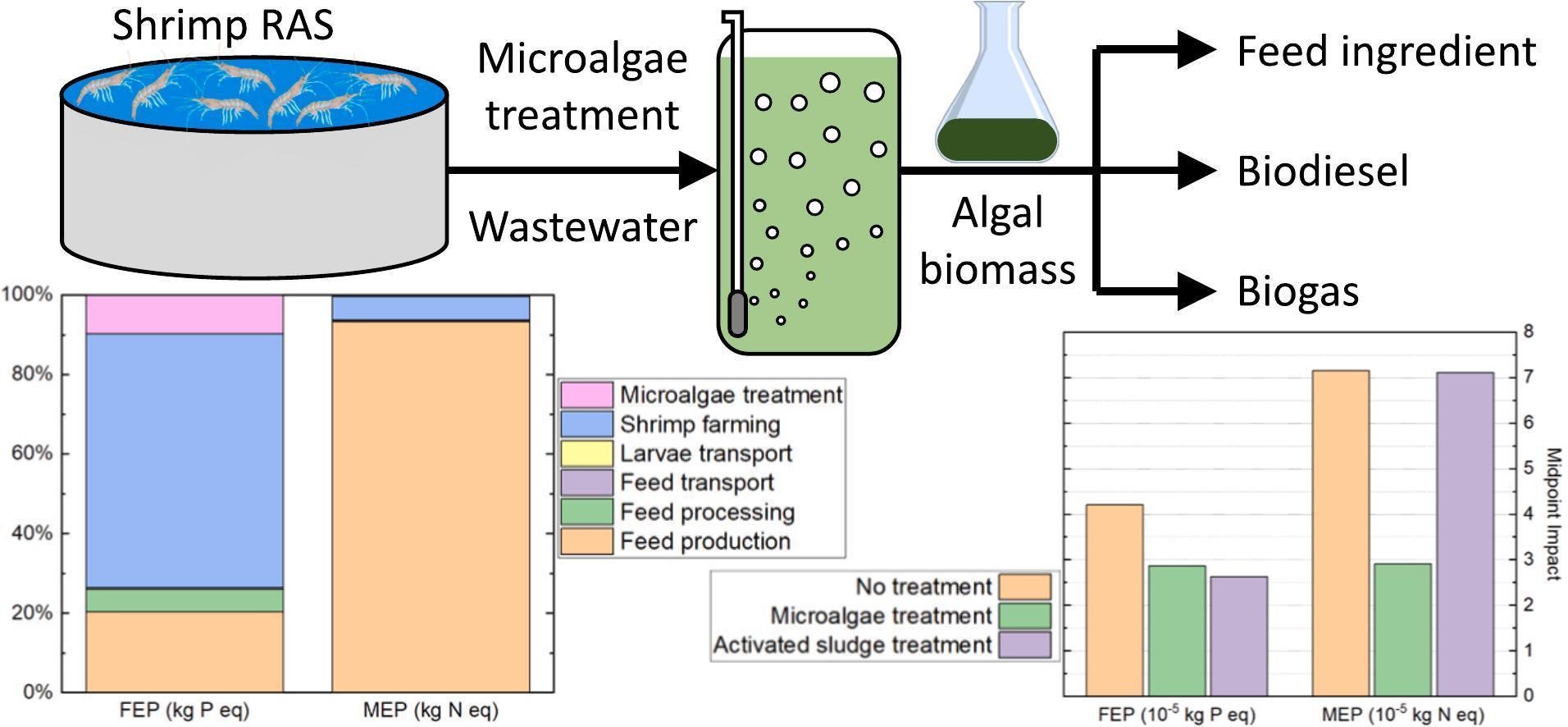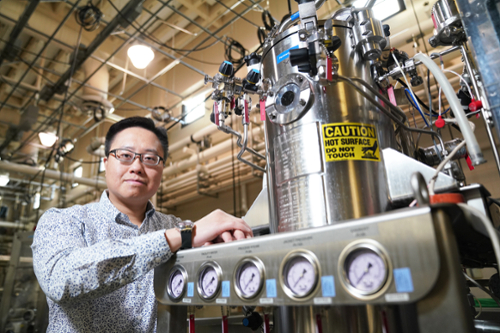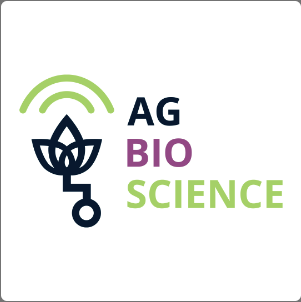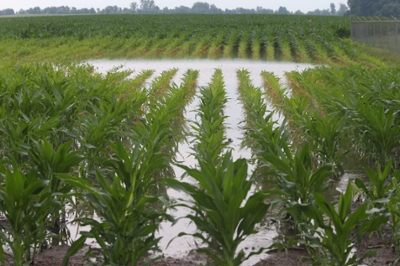Published Works
As a rapidly growing source of human nutrients, algae biosynthesize diverse metabolites which have promising bioactivities. However, the potential allergenicity of algal components hinder their widespread adoption. This review provides a comprehensive review of various macro and micronutrients derived from algal biomass, with particular focus on bioactive compounds, including peptides, polyphenols, carotenoids, omega-3 fatty acids and phycocyanins. The approaches used to produce algal bioactive compounds and their health benefits (antioxidant, antidiabetic, cardioprotective, anti-inflammatory and immunomodulatory) are summarised. This review particularly focuses on the state-of-the-art of precision fermentation, encapsulation, cold plasma, high-pressure processing, pulsed electric field, and subcritical water to reduce the allergenicity of algal compounds while increasing their bioactivity and bioavailability. By providing insights into current challenges of algae-derived compounds and opportunities for advancement, this review contributes to the ongoing discourse on maximizing their application potential in the food nutraceuticals, and pharmaceuticals industries.
Abstract
Shrimp production facilities produce large quantities of wastewater, which consists of organic and inorganic pollutants. High concentrations of these pollutants in shrimp wastewater cause serious environmental problems and, therefore, a method of treating this wastewater is an important research topic. This study investigated the impact of algae and indigenous bacteria on treating shrimp wastewater. A total of four different microalgae cultures, including Chlorococcum minutus, Porphyridum cruentum, Chlorella vulgaris and Chlorella reinhardtii along with two cyanobacterial cultures, Microcystis aeruginosa and Fishcherella muscicola were used with indigenous bacterial cultures to treat shrimp wastewater. The highest soluble chemical oxygen demand (sCOD) removal rate (95%) was observed in the samples that were incubated using F. muscicola. Total dissolved nitrogen was degraded >90% in the C. vulgaris, M. aeruginosa, and C. reinhardtii seeded samples. Dissolved organic nitrogen removal was significantly higher for C. vulgaris (93%) as compared to other treatments. Similarly, phosphate degradation was very successful for all the algae-bacteria consortium (>99%). Moreover, the degradation kinetics were calculated, and the lowest half-life (t1/2) for sCOD (5 days) was recorded for the samples seeded with M. aeruginosa. Similarly, treatment with F. muscicola and C. reinhardtii showed the lowest t1/2 of NH3–N (2.9 days) and phosphate (2.7 days) values. Overall, the results from this study suggest that the symbiotic relationship between indigenous bacteria and algae significantly enhanced the process of shrimp wastewater treatment within 21 days of incubation. The outcome of this study supports resource recovery in the aquaculture sector and could be beneficial to treat a large-scale shrimp facility's wastewater worldwide.

Electrochemical treatment of aquaculture wastewater effluent and optimization of the parameters using response surface methodology
Abstract
The electrocoagulation (EC) and electrooxidation (EO) processes are employed widely as treatment processes for industrial, agricultural, and domestic wastewater. In the present study, EC, EO, and a combination of EC + EO were evaluated as methods of removing pollutants from shrimp aquaculture wastewater. Process parameters for electrochemical processes, including current density, pH, and operation time were studied, and response surface methodology was employed to determine the optimum condition for the treatment. The effectiveness of the combined EC + EO process was assessed by measuring the reduction of targeted pollutants, including dissolved inorganic nitrogen species, total dissolved nitrogen (TDN), phosphate, and soluble chemical oxygen demand (sCOD). Using EC + EO process, more than 87% reduction was achieved for inorganic nitrogen, TDN, and phosphate, while 76.2% reduction was achieved for sCOD. These results demonstrated that the combined EC + EO process provided better treatment performance in removing the pollutants from shrimp wastewater. The kinetic results suggested that the effects of pH, current density, and operation time were significant on the degradation process when using iron and aluminum electrodes. Comparatively, iron electrodes were effective at reducing the half-life (t1/2) of each of the pollutants in the samples. The application of the optimized process parameters on shrimp wastewater could be used for large-scale treatment in aquaculture.
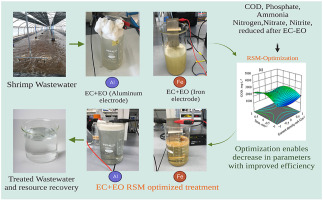
Abstract
Aquaculture is a controlled aquatic farming sector and one of the most important human food sources. Fish farming is one of the predominant, fast-growing sectors that supply seafood products worldwide. Along with its benefits, aquaculture practices can discharge large quantities of nutrients into the environment through non-treated or poorly treated wastewater. This study aims to understand the nutrient composition of fish wastewater and the use of indigenous bacteria, cyanobacteria, and microalgae as an alternative biological treatment method. Wastewater samples from a local fish farming facility were collected and treated using six different species of cyanobacteria and microalgae include Chroococcus minutus, Porphyridium cruentum, Chlorella vulgaris, Microcystis aeruginosa, Chlamydomonas reinhardtii, and Fischerella muscicola. All the samples were incubated for 21 days, and the following parameters were measured weekly: Chemical oxygen demand (COD), phosphate, total dissolved nitrogen, and dissolved inorganic nitrogen. In addition, dissolved organic nitrogen (DON), bioavailable DON (ABDON), and biodegradable DON (BDON) were calculated from the mass-balance equations. Colorimetric and digestive methods were used for the parameter measurements. The results showed that C. reinhardtii reduced the soluble COD concentration by 74.6 %, DON by 94.3 %, and phosphorous by more than 99 %. Moreover, M. aeruginosa, and C. minutus significantly reduced inorganic nitrogen species (>99 %). This alternative fish wastewater treatment method was explored to gain insight into fish wastewater nutrient composition and to create a sustainable alternative to conventional fish wastewater treatment methods.
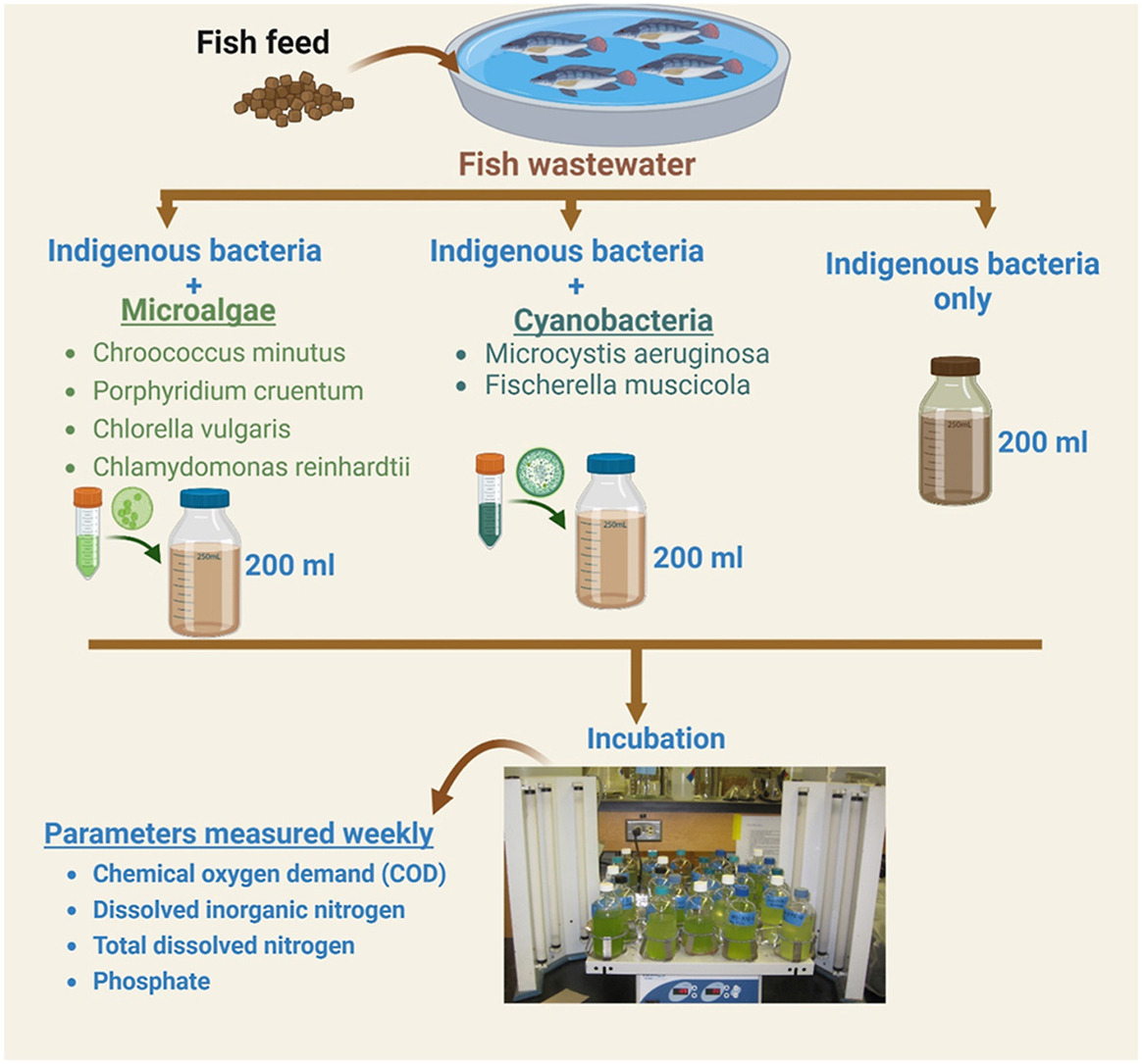
Abstract
Aquaponics is an integrated food production system that intensively produces a diverse array of seafood and specialty crops in one closed-loop system, which is a potential solution to global challenges of food security. While current aquaponics systems are commonly operated with freshwater, marine aquaponics is an emerging opportunity to grow saltwater animals and plants. Although marine aquaponics can reduce the dependence on freshwater for food production, its environmental sustainability has not been systematically studied. This paper presents the first life cycle assessment (LCA) on a marine aquaponic production system growing shrimp and three halophytes. The system assessed covered from shrimp larvae nursery to grow-out. The effects of salinity, carbon/nitrogen (C/N) ratio, and shrimp-to-plant stocking density ratio of aquaponics on its midpoint and endpoint environmental impacts were evaluated using a functional unit based on the economic value of the four products. Electricity use for aquaponic operation was the environmental hotspot, contributing ∼90 % to all the midpoint impacts. The system produced higher environmental impacts when operated at higher salinity, but lower C/N ratio and stocking density. Replacing fossil fuel with wind power for electricity generation can decrease the environmental impacts by 95–99 %. Variation in the shrimp price can change the impacts by up to 62 %. This study provides a useful tool to help marine aquaponic farmers improve their production from an environmental perspective and can serve as groundwork for further assessing more marine aquaponic systems with different animal-plant combinations.
